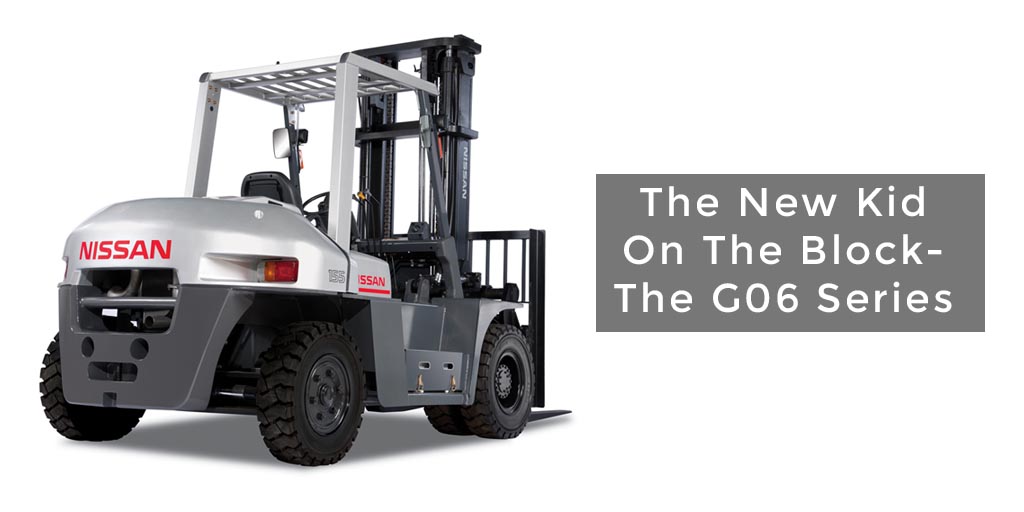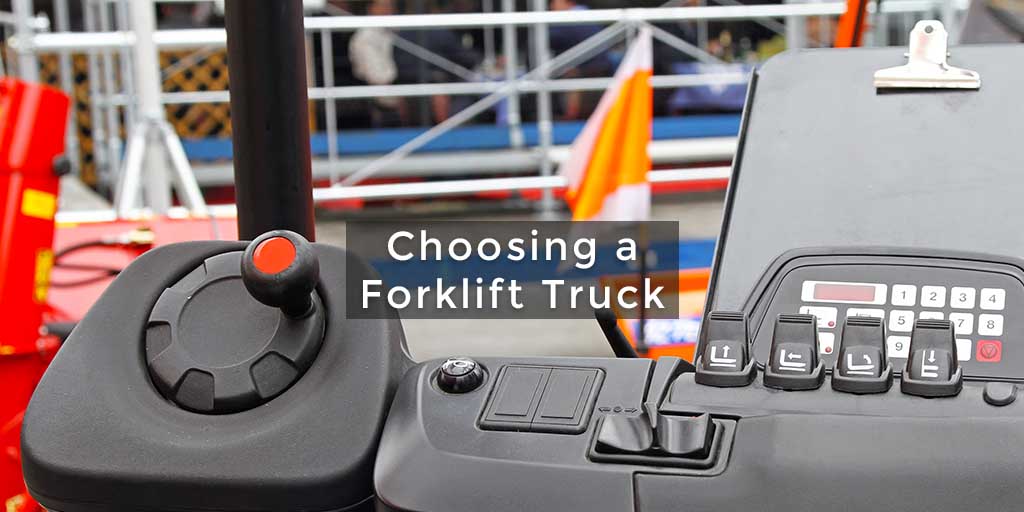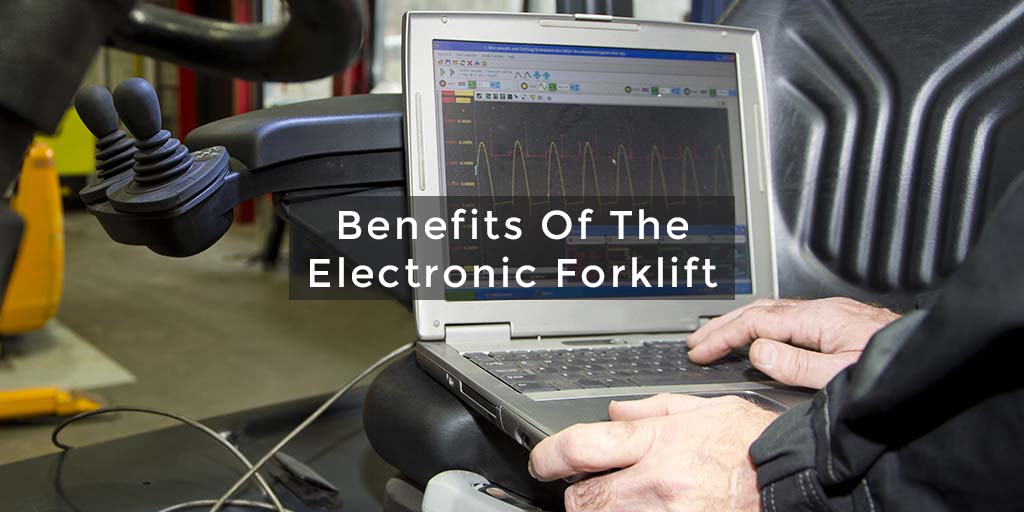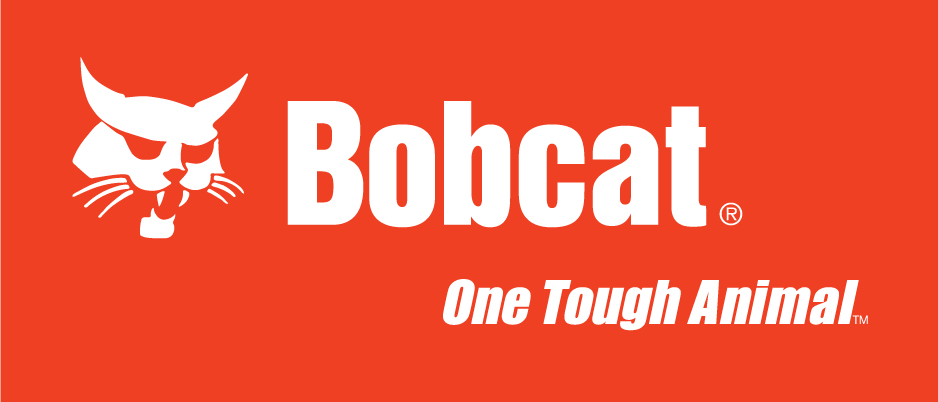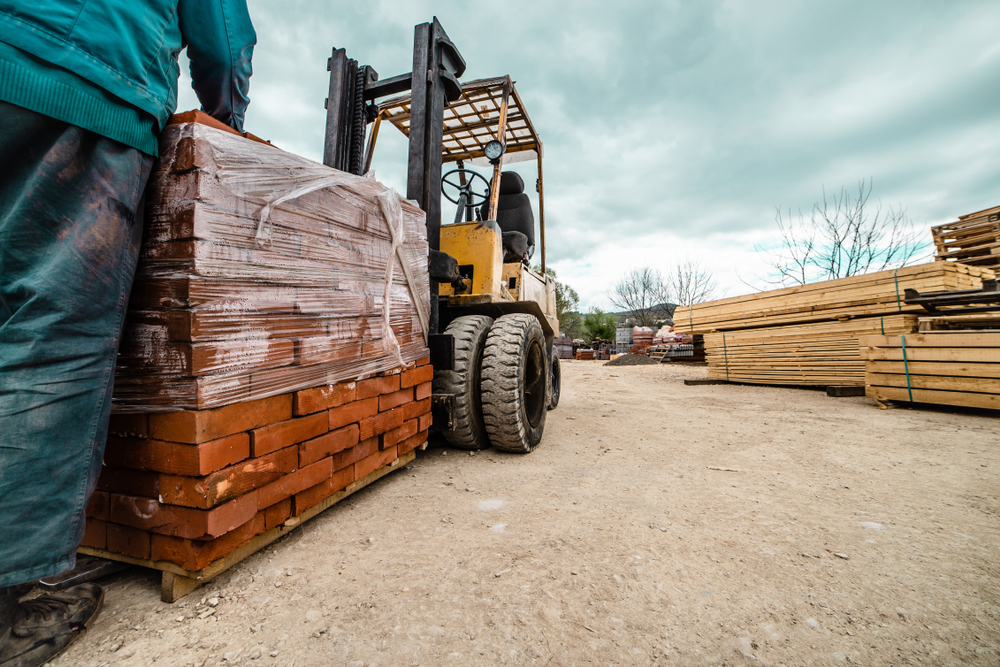
Some material handling operations can take place entirely indoors, and in these instances, operators use forklifts to transport items around the warehouse or to retail floors etc. However, if your operation involves moving from indoors to outdoor areas with a forklift you will need to factor in some challenges that indoor workplaces don’t experience. That’s why we have put together this guide with some key guidelines to keep in mind when using, storing or maintaining forklifts in outdoor environments.
Protection from the weather
If operating outdoors, you or your forklift drivers will be exposed to cold, or harsh weather conditions. Be sure to wear, or provide outdoor clothing such as a warm coat, a hat, and gloves. You may also consider investing in forklift trucks with heated cabins in locations that are exposed to extremely cold weather conditions. If you or your workers are operating in the heat, the same guidelines apply – if your forklift drivers work unprotected in hot weather, you/the workplace is liable for related injuries and illnesses if protection is not provided.
Uneven terrain and slopes
Be sure to train all operators to handle speed control, braking and carrying heavy loads on uneven surfaces. When operating outdoors, you are subject to more uneven surfaces or terrain and therefore training must be given to avoid the risk of your forklifts toppling over, and causing injuries.
Check forklift before use
Being exposed to outdoor elements will mean that forklifts have the potential to break down sooner than those that spend all day indoors. It is important to regularly maintain your forklift, such as checking PSI of all tires and ensuring they are at the correct levels and checking the antifreeze and oil levels to avoid overheating the engine in the summer or freezing the engine in the winter.
Be aware of hazards
Working outdoors means there are many new potential hazards compared to working within a warehouse, so it is important to stay vigilant. These hazards could include:
- Rocks/uneven or loose terrain
- Stray branches
- Animals
- Unexpected changes in gradient
- Sudden weather changes, such as heavy rain, snow, or hail.
Clean your forklift
When working outside, a buildup of dirt is inevitable, which can cause your vehicle to run less efficiently, and this can also be a safety hazard. For example, if mud or dirt is to get stuck in or around your tires, it could compromise the grip your forklift has on the ground, which could result in your forklift breaking down or even an accident.
Communicate
In an environment such as a warehouse or construction site, communication is key to ensuring safe and efficient operations. All workers must alert one another to any changing conditions or issues that may arise throughout the working day. Communicating effectively between your team helps to reduce the risk of accidents occurring.
Forklift operators of all experience levels can face unexpected challenges when operating outdoors and on rough or unknown terrain. By following the tips in this guide you can reduce the risk of an accident occurring, whilst promoting safety and efficiency across your outdoor working environment.


